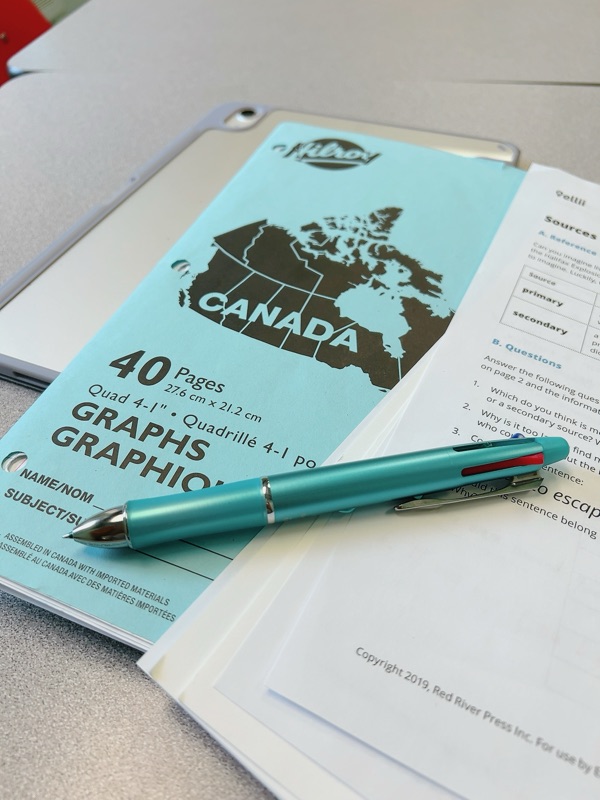medical words特集の日。
聞きなれなさすぎる~。
では。
■cure: something that makes someone with an illness healthy again
We do not have a cure for diabetes, so people must live with the disease.
■alleviate: to make problems or suffering less extreme.
If your muscles are sore, gentle massage can alleviate the pain.
■antibiotics: a medicine that cures infections by destroying harmful bacteria
Take these antibiotics twice a day to fight the infection in your ear.
■respond : to improve as the result of particular medical treatment
The patient is not responding to the drugs, so the doctor will try another treatment.
■migraine: a very bad pain the head.
Her headache is not getting any better and might develop into a migraine.
■infectious: can be passed from one person to another
The virus is not very infectious, so doctors are not worried that it will spread.
■discharged: having been allowed to leave a hospital
Her treatment was successful, and she was discharged from the hospital the next day.
■recovery: the process of getting better after an illness or injury
She had a quick recovery after breaking her finger and was able to play in the final.
■symptom: a physical feeling or problem that shows you have a particular illness
Having a high temperature is a common symptom of many illnesses.
ほかにもめっさありましたが。力尽きて省略。
ついでに最後に書いて残しとこ。
ただの風邪とインフルエンザ。
a cold ただの風邪
the flu (influenzaの省略形)インフルエンザ
coldは一般的な風邪、fluは特定の病気だから。
I have a cold.
I have the flu.
というわけで、今日も、氷山の一角のような学習をしました。
つづく。



